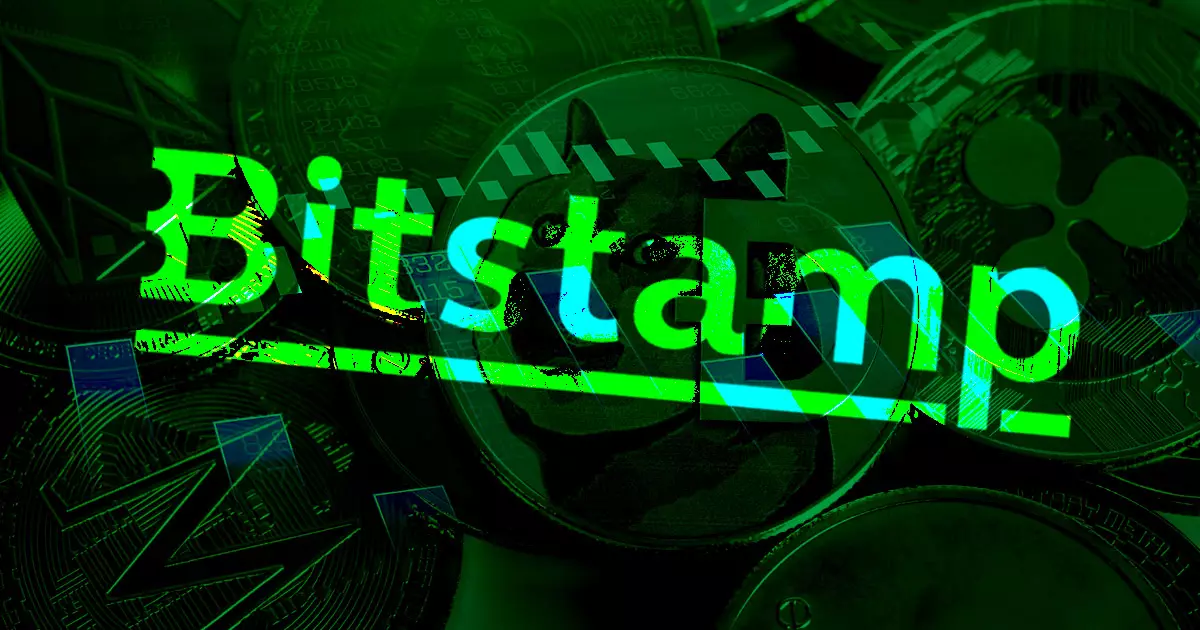Bitstamp, one of the leading cryptocurrency exchanges, announced on August 8 that it would cease U.S. trading for several cryptocurrencies that have been declared as securities in recent cases against Binance and Coinbase. The affected tokens include Axie Infinity (AXS), Chiliz (CHZ), Decentraland (MANA), Polygon (MATIC), Near Protocol (NEAR), The Sandbox (SAND), and Solana (SOL). This decision comes as Bitstamp closely monitors the evolving regulatory environment and seeks to comply with the regulatory requirements.
By delisting these cryptocurrencies, Bitstamp will now only have 30 listed cryptocurrencies available to its users. The company has urged its U.S. customers to execute any trades involving the affected tokens by August 29, as U.S. trading will be permanently disabled for these assets after that deadline. However, users will still be able to withdraw and hold the delisted tokens. It is worth noting that Bitstamp has chosen to retain certain assets, namely Cardano (ADA), Nexo (NEXO), and Algorand (ALGO), despite their involvement in the regulatory cases against Coinbase and Binance.
Similar Actions by Other Platforms
Bitstamp is not the only cryptocurrency platform that has taken such actions in response to the regulatory cases. Companies like Revolut, Bakkt, and Robinhood have also recently delisted Cardano (ADA), Polygon (MATIC), and Solana (SOL). These three cryptocurrencies seem to have drawn particular attention from regulators due to their size and popularity. It is important to note that all the cryptocurrency projects involved have rejected the claims made by the U.S. Securities and Exchange Commission (SEC), either directly or indirectly.
The companies behind Cardano, Solana, and Polygon have all denied the security status attributed to their cryptocurrencies by the SEC. IOHK, the parent company of Cardano, has firmly stated that its token should not be classified as a security. The Solana Foundation has expressed its disagreement with the SEC’s statements, while Polygon Labs has emphasized that its activities are primarily conducted outside of the United States, thus seemingly beyond the jurisdiction of the SEC.
At this stage, it is important to highlight that all the actions taken by Bitstamp and other platforms regarding the affected tokens are purely precautionary. It remains to be seen whether the SEC will further target these tokens or extend its scrutiny to other platforms in the future. As the regulatory framework around cryptocurrencies continues to evolve, exchanges are taking proactive measures to ensure compliance and protect their users.
Bitstamp’s decision to halt U.S. trading for several cryptocurrencies is a response to the regulatory cases against Binance and Coinbase. This move is part of Bitstamp’s continuous evaluation of the regulatory landscape and its commitment to complying with relevant regulations. While the delisted tokens are no longer available for trading on the platform, users can still withdraw and hold them. Other cryptocurrency platforms have also taken similar actions in response to regulatory pressure. The affected projects have rejected the SEC’s claims and maintained their stance against being classified as securities. These actions taken by Bitstamp and other exchanges are precautionary in nature, highlighting the ongoing uncertainty surrounding regulatory oversight of cryptocurrencies.


















